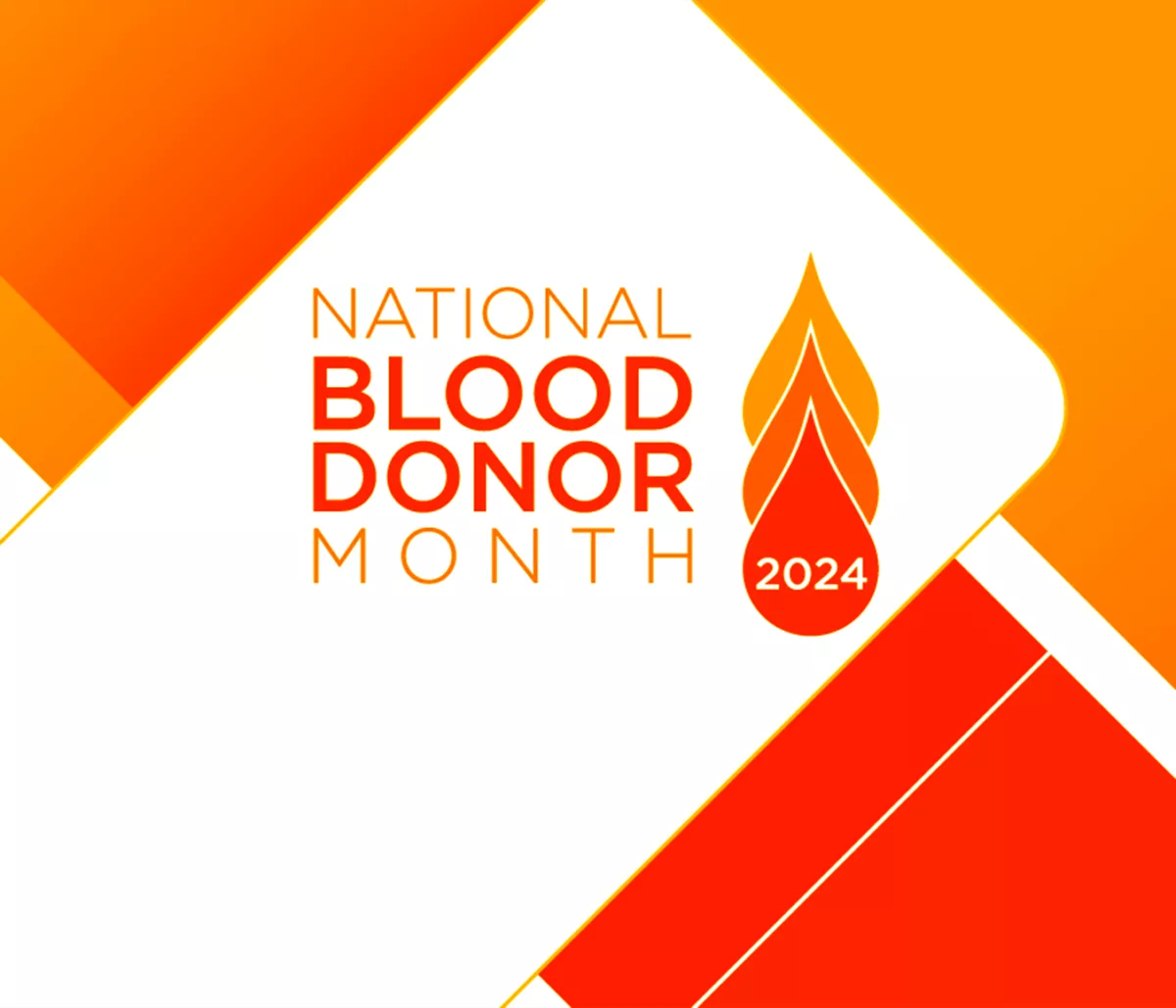Blogs
What You Need to Know About Diabetes
November 04, 2022November is National Diabetes Month, and this year’s theme, “education to protect tomorrow” encourages everyone, especially persons diagnosed with diabetes, to educate themselves as part of effectively managing the condition.
Home health aides who may be assigned to clients managing diabetes should also educate themselves on the types of diabetes, what numbers are important, nutrition, and how to get active with regular exercise.
What is diabetes?
Sometimes people will refer to diabetes as a “touch of sugar,” or their “blood sugar is a little high” making it seem as if diabetes is not a serious disease. Still, the body’s inability to process sugars is very serious and can have various negative effects.
The National Institute of Diabetes and Digestive and Kidney Diseases says there are three types of diabetes, Type 1, Type 2, and Gestational Diabetes.
Type 1 diabetes is when your body does not make insulin. This is a problem because you need insulin to take the sugar (glucose) from the foods you eat and turn it into energy for your body. You need to take insulin every day to live.
Type 2 diabetes is when your body does not make or use insulin well. You may need to take pills or insulin to help control your diabetes. Type 2 is the most common type of diabetes.
Gestational diabetes occurs during pregnancy. Most of the time, it goes away after the baby is born. But even if it goes away, these women and their children have a greater chance of getting diabetes later in life.
Why take care of your diabetes?
After a diagnosis of diabetes is when the hard work begins. People managing diabetes need to understand their condition, how their nutrition will change, and the adjustments they must make to their lifestyle to keep their blood sugar under control.
People with diabetes need to make healthy food choices, stay at a healthy weight, move more every day, and take their medicine even when they feel good. It’s a lot to do. It’s not easy, but it’s worth it!Taking care of yourself and your diabetes can help you feel good today and in the future. When your blood sugar (glucose) is close to normal, you are likely to:
- have more energy
- be less tired and thirsty
- need to pass urine less often
- heal better
- have fewer skin or bladder infections
You will also have less chance of having health problems caused by diabetes, such as:
• heart attack or stroke
• eye problems that can lead to impaired vision or blindness
• pain, tingling, or numbness in your hands and feet, also called nerve damage
• kidney problems that can cause your kidneys to stop working
• teeth and gum problems
You can decrease your chances of developing lateral conditions from diabetes by taking charge and managing your condition. Here are some actions you can take:
- Ask your healthcare team what type of diabetes you have and how it affects your body
- Learn where you can go for support
- Learn how caring for your diabetes helps you feel good today and in the future.
Know your diabetes ABCs
Knowledge is power when managing diabetes. There is quite a bit of information to digest, numbers, levels, and testing, but there is an easy way for diabetics to remember the key data they need to keep track of. This is what is known as the Diabetes ABCs.
The ABCs of diabetes include managing your A1C, Blood pressure, and Cholesterol. This can help lower your risk for heart attack, stroke, or other diabetes complications.
A for the A1C test (“A-one-C”)
The A1C is a blood test that measures your average blood sugar level over the past three months. It is different from the blood sugar checks you do each day.
You need to know your blood sugar levels over time. You don’t want those numbers to get too high. High blood sugar levels can harm your heart, blood vessels, kidneys, feet, and eyes.
The A1C goal for many people with diabetes is below 7. It may be different for you. Ask your doctor what your goal should be.
B for Blood pressure
Blood pressure is the force of your blood against the wall of your blood vessels.
If your blood pressure gets too high, it makes your heart work too hard. It can cause a heart attack, stroke and damage your kidneys and eyes.
The blood pressure goal for most people with diabetes is below 140/90.
C for Cholesterol
There are two kinds of cholesterol in your blood: LDL and HDL. LDL or “bad” cholesterol can build up and clog your blood vessels. It can cause a heart attack or stroke. HDL or “good” cholesterol helps remove the “bad” cholesterol from your blood vessels.
Ask what your cholesterol numbers should be. Your goals may be different from other people. If you are over 40 years of age, you may need to take a statin drug for heart health.
Managing your diabetes is a huge task, but with so much at stake, not knowing the details of your condition and how to control it daily can not only impact your quality of life but can lead to even more complex life-limiting conditions.
Leave a Comment

Breaking Barriers in Healthcare: The Inspiring Stories of Black American Trailblazers during Black History Month
During Black History Month, it is important to recognize and celebrate the incredible achievements and contributions of Black Americans in various fields. In the healthcare industry, Black Americans have played a crucial role in breaking barriers and paving the way for future generations. True Care Home Care is honored to highlight the inspiring stories of […]

10 Heart Healthy Tips
February is Heart Health Month, a time dedicated to raising awareness about cardiovascular health and promoting healthy habits. Taking care of your heart is essential for overall well-being and longevity. Whether you’re young or old, it’s never too early or too late to start prioritizing heart health. In this article, we will provide you with […]

The Top 10 Most Common Winter Ailments: What You Need to Know
The Top 10 Most Common Winter Ailments: What You Need to Know During the winter months, many people experience a variety of ailments that are specific to the season. These ailments can range from common colds and flu to more serious conditions like pneumonia and bronchitis. At True Care, your priority is your health so […]

Essential Tips for Keeping the Elderly Healthy and Happy in Winter
10 Essential Tips for Keeping the Elderly Healthy and Happy in Winter As the winter season approaches, it is important to ensure the health and happiness of our elderly loved ones. The colder temperatures and harsh weather conditions can pose significant challenges to their wellbeing. That is why True Care Home Care has compiled a […]

Saving Lives One Drop at a Time: Celebrating National Blood Donor Month
Saving Lives One Drop at a Time: Celebrating National Blood Donor Month Every January, National Blood Donor Month is celebrated in the United States to raise awareness about the importance of blood donation. This month-long campaign aims to honor the individuals who make a difference by donating blood and saving lives. By shedding light on […]
